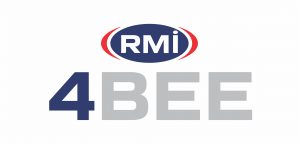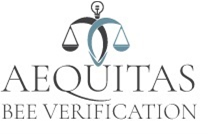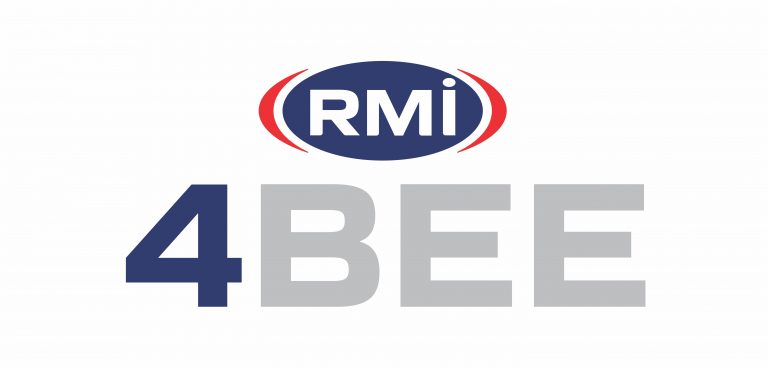Verification readiness, as the term suggests, is the extent to which the Measured Entity (ME) is ready to undergo a B-BBEE verification by a SANAS accredited B-BBEE rating agency. Where an ME complies with the sub-minimum criteria in all Priority Elements, a score of 40 points on the B-BBEE Scorecard will render such ME B-BBEE Compliant, whilst a score of 39.99 will not.
To explain the importance of verification readiness it is helpful to first have a better understanding of what B-BBEE verification is and how it is supposed to be conducted.
When an ME wants or needs to participate in B-BBEE it will need to implement B-BBEE initiatives according to the relevant legislation and regulation. This is done over the course of the ME’s financial year. Once completed, the ME will have to engage with a SANAS accredited rating agency to have its B-BBEE compliance measured. B-BBEE compliance is always measured retrospectively, according to how the ME has performed during the past 12 months of its most recent completed financial year.
The overall aim of B-BEE verification according to the SANAS R47-3 is to give confidence to all parties that rely upon the verification. This is done by assessing, verifying, and validating both disclosed and undisclosed B-BBEE-related information of measured entities, in an open and impartial manner.
The nature of verification therefore prohibits the rating agency from presuming any claim made by an ME to be true or to be false. Neither does it allow the rating agency to factor in the ME’s perceived trustworthiness. It is therefore the rating agency’s task to verify the evidence objectively and determine to what extent it proves the claim of the ME. The ME therefore has the responsibility to provide any necessary supporting evidence to demonstrate with reasonable and sufficient certainty that the initiatives it implemented did in fact happen as claimed.
Verification readiness is therefore the process by which the ME prepares its supporting evidence for submission to the rating agency for verification, to have certainty and confidence that it would achieve its desired score and corresponding level.
For an ME to be ready for verification, the quality and quantity of its supporting evidence must pass the following verification assessments:
Internal reliability
The documents in and of themselves will be verified to be reliable and not forgeries. Part of this test is also to determine whether the documents could have been tampered with or inadvertently changed in the path of transmission. Lasty the rating agency will also determine if the documents come from a reliable and/or authoritative source.
Relevance to the claim
The documents must be relevant to the claim and must provide evidence of the specific initiative being claimed and not an adjacent irrelevant matter. A helpful example of this would be to provide an apprentice’s CV as supporting evidence. Although it may be a requirement for the SETA, it is irrelevant to the claim, since it would be the apprenticeship contract/agreement and the proof of registration thereof at the SETA that would serve as proof and the CV is irrelevant.
Conformance to B-BBEE regulation and requirements
It is paramount that any initiative implemented by the ME conforms to the requirements of the B-BBEE regulation and is not disqualified from contributing towards the ME’s B-BBEE status. The supporting evidence must therefore contain
Level of certainty
The rating agency will determine the level of certainty or assurance that a document provides and will then determine whether additional supporting documents are required. The rating agency must also determine that all aspects of the claim have been substantiated.
Correct calculation of scores
The rating agency must obtain a sufficient amount of appropriate relevant evidence to be able to calculate the MEs score according to the formulas and principles in the B-BBEE regulation.
The importance of verification readiness
As illustrated above, verification readiness is very important and not as simple as some may think. The risk for an unprepared ME that engages with a B-BBEE rating agency is that it does not achieve its required score or B-BBEE recognition level. This could most likely also result in financial losses and disappointing unsatisfactory verification experiences. It is common practice for MEs to appoint B-BBEE consultants to prepare its portfolio of evidence and to ensure that the ME is ready for verification. Depending on the MEs own knowledge and capacity, this would surely be a recommended practice.
Credit: Henk Coetzee, Director of Aequitas BEE Verification




